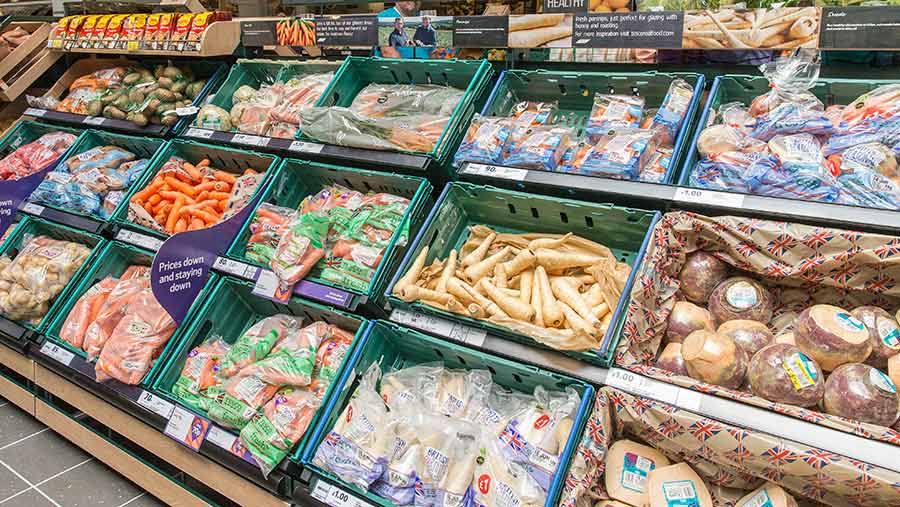Editor’s View: Would farmers be better off doing less, not more?
 © GNP
© GNP How do we balance the ethical good of a plentiful food supply with the fact that scarcity of food can, in some circumstances, be in the economic self-interest of farmers?
Just two-thirds of the land that would be down to winter wheat in a “normal” year is both drilled up and still living, according to one well-placed estimate.
If you haven’t got sufficient spring seed in the shed, then “good luck trying to find some” seems to be the message coming from merchants. No more is likely to be forthcoming.
See also: OFC 2024: Risk-reward ratio in supply chain ‘out of kilter’
This is a bad example as cereals and oilseeds are perhaps the easiest commodities to replace by topping up from the world market, but demand outstripping supply still drives up the cost of other goods – the farmers producing ham, egg and chips can testify to that in the past 12 months.
Supermarkets only have the luxury of fighting each other, like cats in a sack, in a race to the bottom on price, because losing market share is top of their list of business threats.
Scarcity is secondary to that at best.
Last week’s Oxford Farming Conference (OFC) report, entitled Is the UK supply chain broken?, highlighted three retailer tactics that need addressing.
They are fixed-price, long-term agreements, the impact of inexperienced buyers and the audit burden.
The report’s author, former supermarket buyer Ged Futter, says that these three issues, over the past 10 years, have squeezed every drop of profit from many food producers.
Ultimately, the report is another plea for all in the supply chain to collaborate and act in good faith for the common interest.
The trouble is the supply chain frequently looks like it is made up of supermarket foxes and farmer chickens.
Calls for collaboration are like asking everyone to become chickens. And I don’t think foxes want to give up their ability to rampage through the henhouse.
Instead, farmers need to consider in more detail how the end of the supply chain can become the fox.
This is not about starving the populace to line our pockets. It is about production and demand being close to balance as a matter of course so that we cannot be taken for granted.
From the OFC stage, Robert Chapman of Farmlay Eggs hit the nail on the head when he said that production targets should be a maximum, not a minimum, if we are to have any teeth at all.
With the latest updates to the Sustainable Farming Incentive in England, Defra is assisting mightily in this endeavour, putting a bottom in the arable market by making environmental options more economically viable than anything except first wheat for many growers.
This sort of luxury has still not been replicated for upland farmers yet, nor those in other nations.
I’m well aware throttling back goes against the grain for many readers, but is this how our sector swaps feathers for some teeth? Or is there a different path to prosperity?

